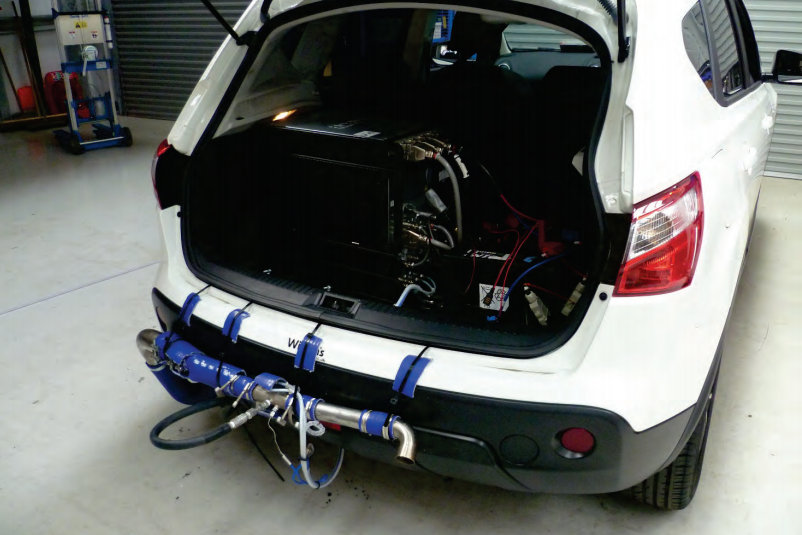Reports on the negative effects of diesel emissions have put 61% of consumers off buying a vehicle powered by the fuel, according to research carried out by Carbuyer.co.uk.
While 33% said they’d been unaffected by the negative stories and 6% said they weren’t aware of any news, Carbuyer’s data suggests that motorists are turning away from diesel power.
And research into Google search trends also revealed a 127% increase in users looking for hybrid cars in the first three months of 2017, compared to the same period last year, while searches for diesel cars have grown by just 9%.
Carbuyer said that its findings echoed a trend highlighted by the Society of Motor Manufacturers and Traders (SMMT), showing diesel sales are down 9.2% in February 2017 compared with February 2016.
Sales of alternative-fuel vehicles such as hybrids and battery-powered cars, meanwhile, were up 48.9% over the same period.
Carbuyer editor, Stuart Milne, said: “Our poll and the SMMT’s sales data both suggest diesel’s unpopularity could well grow in the coming months.
“While diesel can still be a cost-effective choice for high-mileage motorists and those running larger cars, we regularly advise buyers that modern petrol, hybrid and plug-in vehicles can be a better option for shorter trips and urban motoring in particular.”
Recent months have seen an increased focus on diesel in the media.
Diesel-car owners are being charged more to park in certain parts of London and the capital’s mayor, Sadiq Khan, has proposed a diesel scrappage scheme.
Diesel cars surged from making up around 10% of the new car market in the nineties to just under 50% today – in part thanks to tax incentives and a perception of diesel as being greener than petrol.
Since 2001, the UK’s road-tax system has incentivised the purchase of cars with low CO2 output, but a new system coming into force on 1 April sees cars emitting any amount of CO2 liable for at least a £140 annual charge. Only zero-emissions vehicles, such as electric cars, will escape.
Diesel exhaust fumes are now being recognised as posing a significant threat to human health, linked to everything from cancer and heart problems, to lung conditions such as asthma and bronchitis.



















Login to comment
Comments
No comments have been made yet.